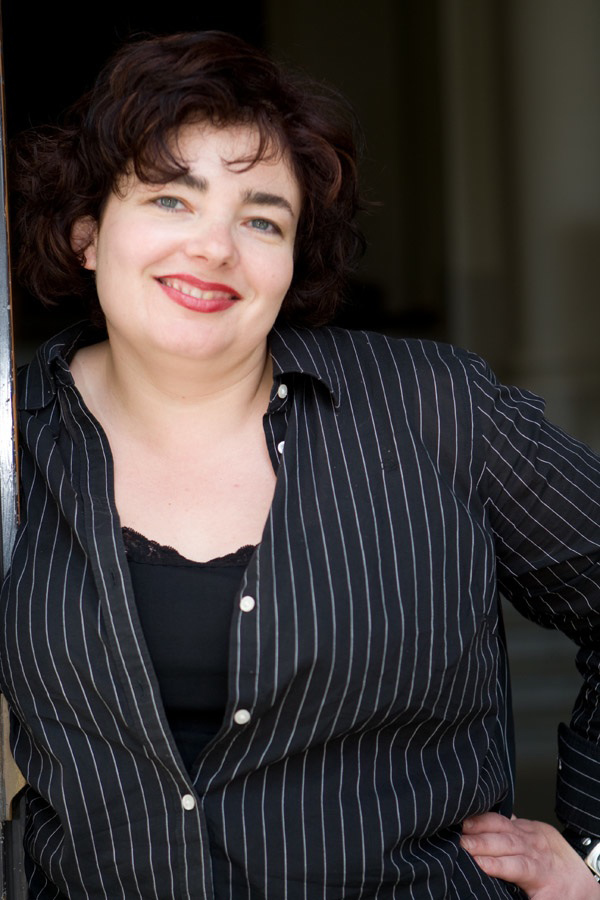Body Against SoulGender and Sowlehele in Middle English AllegoryMasha RaskolnikovInterventions: New Studies in Medieval Culture |
 6/18/2009 Literary Criticism/Medieval; Philosophy/Mind and Body; Social Science/Gender Studies 225 pp. 6x9  $61.95 cloth 978-0-8142-1102-1 Add cloth to shopping cart $14.95 CD 978-0-8142-9200-6 Add CD to shopping cart Shopping Cart Instructions Review/Change Shopping Cart & Check-out | |||
|
“Raskolnikov deftly shows how gender is staged in the context of allegorical debates on death and life. Raskolnikov’s brilliance is to show how voices are split and allocated to various figures, often personified as male and female, and how these talking figures debate not only the place and meaning of the body, but questions of moral harm and the possibility of true knowledge. These debates are hardly philosophy in a recognizable sense, but they do engage philosophical questions through giving voice to various gendered characters. What emerges time and again is a self in a distanced relation to itself, often embattled, often split, for these dialoguing characters are and are not separate. What becomes clear throughout these debates is that the action involved is often capricious and arbitrary, and so the question of free will, of the efficacy of human action in the face of contingency, is posed again and again in a dramatic and dialogic genre whose action or plot lacks all signs of Aristotelian likelihood and probability. The book works in a subtle and surprising way to locate gender as a point of view, showing how personifications essential to the debate genre show the contours of gender and subjectivity as they are assumed through speech. This is a disorientingly smart and engaging text, essential to the early modern understanding of gender.” —Judith Butler, Maxine Elliot Professor at the University of California, Berkeley “In Body Against Soul: Gender and Sowlehele in Middle English Allegory, Masha Raskolnikov offers a theoretically bold and historically responsive understanding of the self in medieval English allegorical literature. As a historical alternative to modern psychoanalysis, sowlehele allows her to make brilliant sense of Foucault’s famous inversion of the Platonic dictum: ‘the soul is the prison of the body.’ As a literary preoccupation, sowlehele brings Raskolnikov closer than others have gotten to the strange operations of medieval prosopopeia. Persistently engaging and finely discriminating, Raskolnikov’s book-long treatment of allegory exhilaratingly shows what is so abundantly productive and useful about this hoary form.” —Carolyn Dinshaw, professor of English and social and cultural analysis, New York University “A fresh, smart look at some medieval English allegories that focus on the split self. Full of subtle readings and challenging insights.” —Barbara Newman, Northwestern University In medieval allegory, Body and Soul were often pitted against one another in debate. In Body Against Soul: Gender and Sowlehele in Middle English Allegory, Masha Raskolnikov argues that such debates function as a mode of thinking about psychology, gender, and power in the Middle Ages. Neither theological nor medical in nature, works of sowlehele (“soul-heal”) described the self to itself in everyday language—moderns might call this kind of writing “self-help.” Bringing together contemporary feminist and queer theory along with medieval psychological thought, Body Against Soul examines Piers Plowman, the “Katherine Group,” and the history of psychological allegory and debate. In so doing, it rewrites the history of the Body to include its recently neglected fellow, the Soul. The topic of this book is one that runs through all of Western history and remains of primary interest to modern theorists—how “my” body relates to “me.” In the allegorical tradition traced by this study, a male person could imagine himself as a being populated by female personifications, because Latin and Romance languages tended to gender abstract nouns as female. However, since Middle English had ceased to inflect abstract nouns as male or female, writers were free to gender abstractions like “Will” or “Reason” any way they liked. This permitted some psychological allegories to avoid the representational tension caused by placing a female soul inside a male body, instead creating surprisingly queer same-sex inner worlds. The didactic intent driving sowlehele is, it turns out, complicated by the erotics of the struggle to establish a hierarchy of the self’s inner powers.
| ||||


